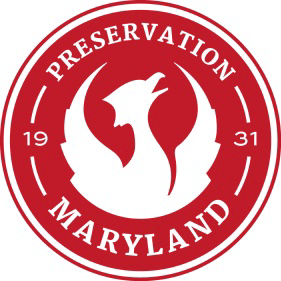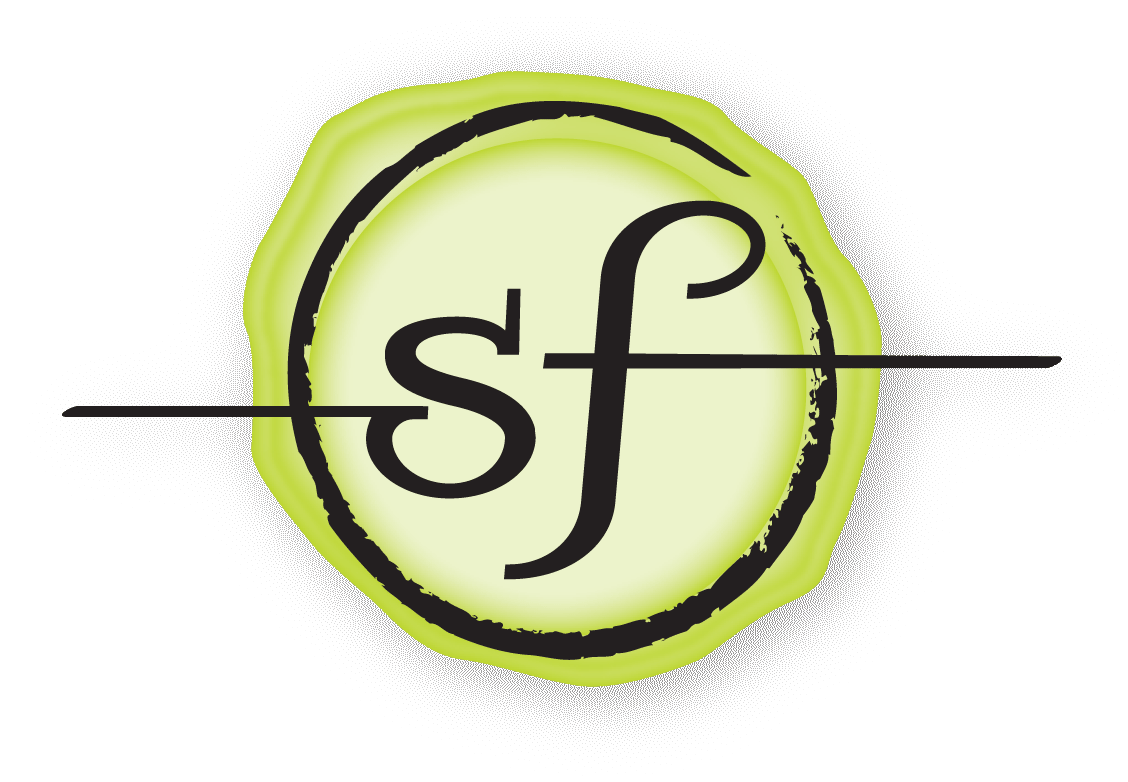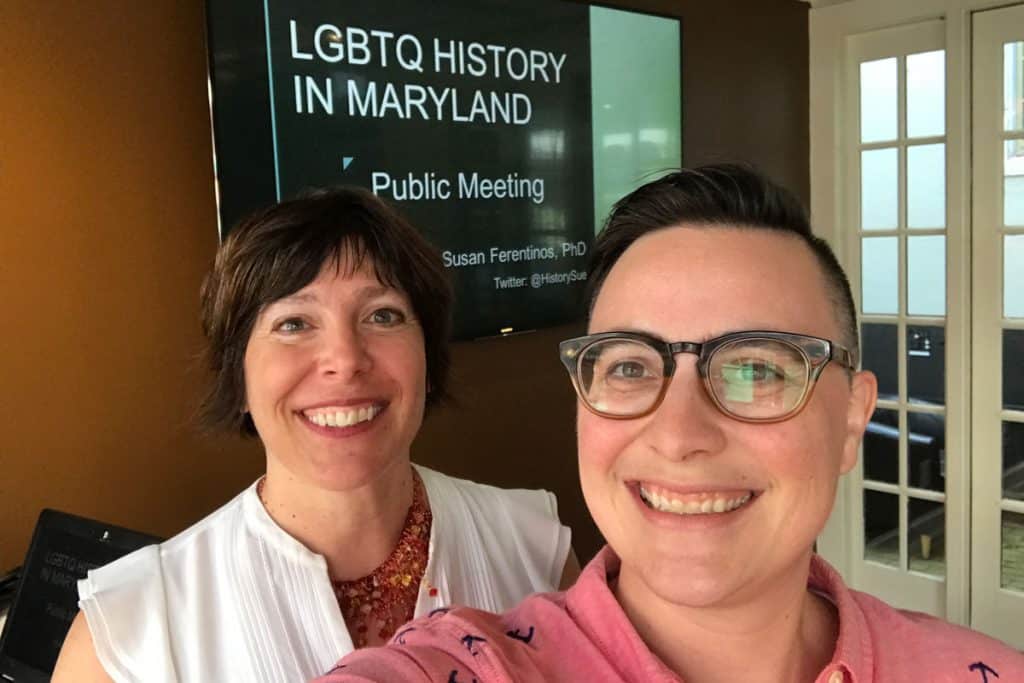Historic Resource Research
Maryland LGBTQ History

Since 2018, I have been working with Preservation Maryland and the Maryland Historical Trust to identify, document, and understand sites in Maryland related to LGBTQ history. The project has involved two phases and several different elements.
Historic Context Study
The first phase of this effort produced a statewide historic context study that offers an overview of sexual and gender variance in Maryland. The purpose of this study is to provide the historic context necessary for analyzing the historic significance of a particular property. In addition to the overview, the report offers a series of historic themes for Maryland LGBTQ history and a list of several hundred sites in Maryland with LGBTQ historical associations.
Outreach
A consistent challenge in the field of LGBTQ history is finding sufficient source material. Historically, LGBTQ communities have operated clandestinely, leaving limited evidence. As a result, oral tradition is a crucial tool in uncovering the queer past. As part of the research for the Maryland LGBTQ historic context study, Preservation Maryland organized a series of outreach events throughout the state, so that we could spread the word about our efforts and hear from local LGBTQ communities about the spaces that were significant to them.
Media coverage
Mapping
During the first phase of this project, Benjamin Egerman headed up property research for the Maryland LGBTQ historic context study, while I focused on the historical overview and themes. In addition to compiling the list of Maryland properties with LGBTQ associations, which appears in the final report, Ben also created an interactive map of LGBTQ sites in Maryland.
Property Designation
In the second phase of the Maryland LGBTQ History project, funded by a National Park Service Underrepresented Communities Grant, I documented five Maryland LGBTQ properties for ultimate inclusion in the National Register of Historic Places. When a property is placed on the National Register (or even deemed eligible for inclusion), it triggers a series of protections that—while not a guarantee—can help prevent a historically significant building from being destroyed.
This effort entails three National Register nominations for properties located in Baltimore and two Maryland Inventory of Historic Properties nominations for two properties located in Montgomery County, Maryland, outside of Washington, DC. the properties are:
- Leon’s, a longstanding LGBTQ bar in the Mt. Vernon neighborhood of Baltimore;
- Chase Brexton Health Services, an LGBTQ healthcare provider operating for more than forty years in Baltimore;
- Monumental Elks’ Lodge #3, home of an order of the African American Elks. In the 1930s, this lodge was the site of a series of Pansy Balls, a primarily African American LGBTQ cultural tradition that served as a precursor to the contemporary LGBTQ ballroom scene;
- Home of Susan Silber, an LGBTQ activist and lawyer;
- Home of Bruce Williams, the first openly LGBTQ mayor elected in Maryland.

